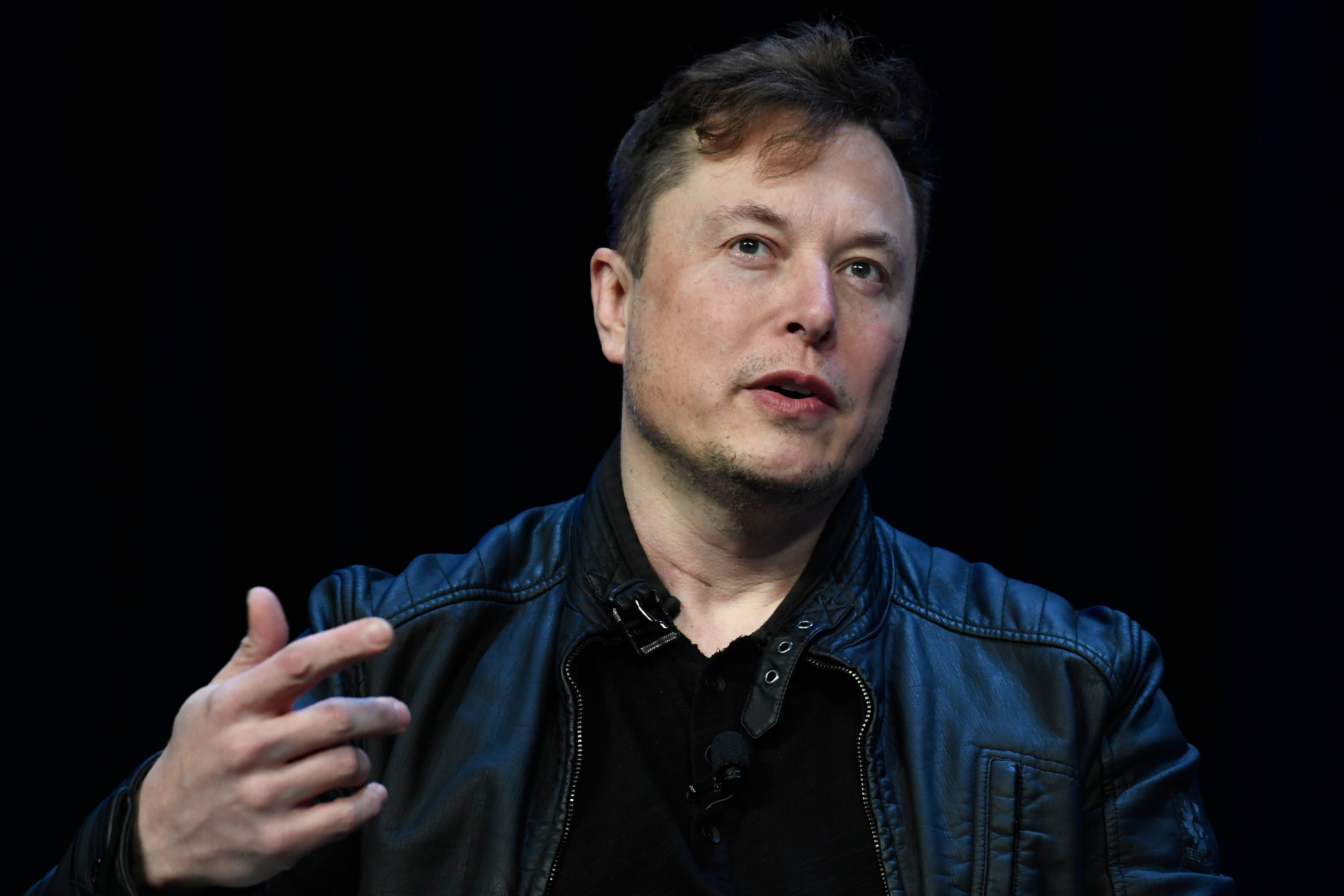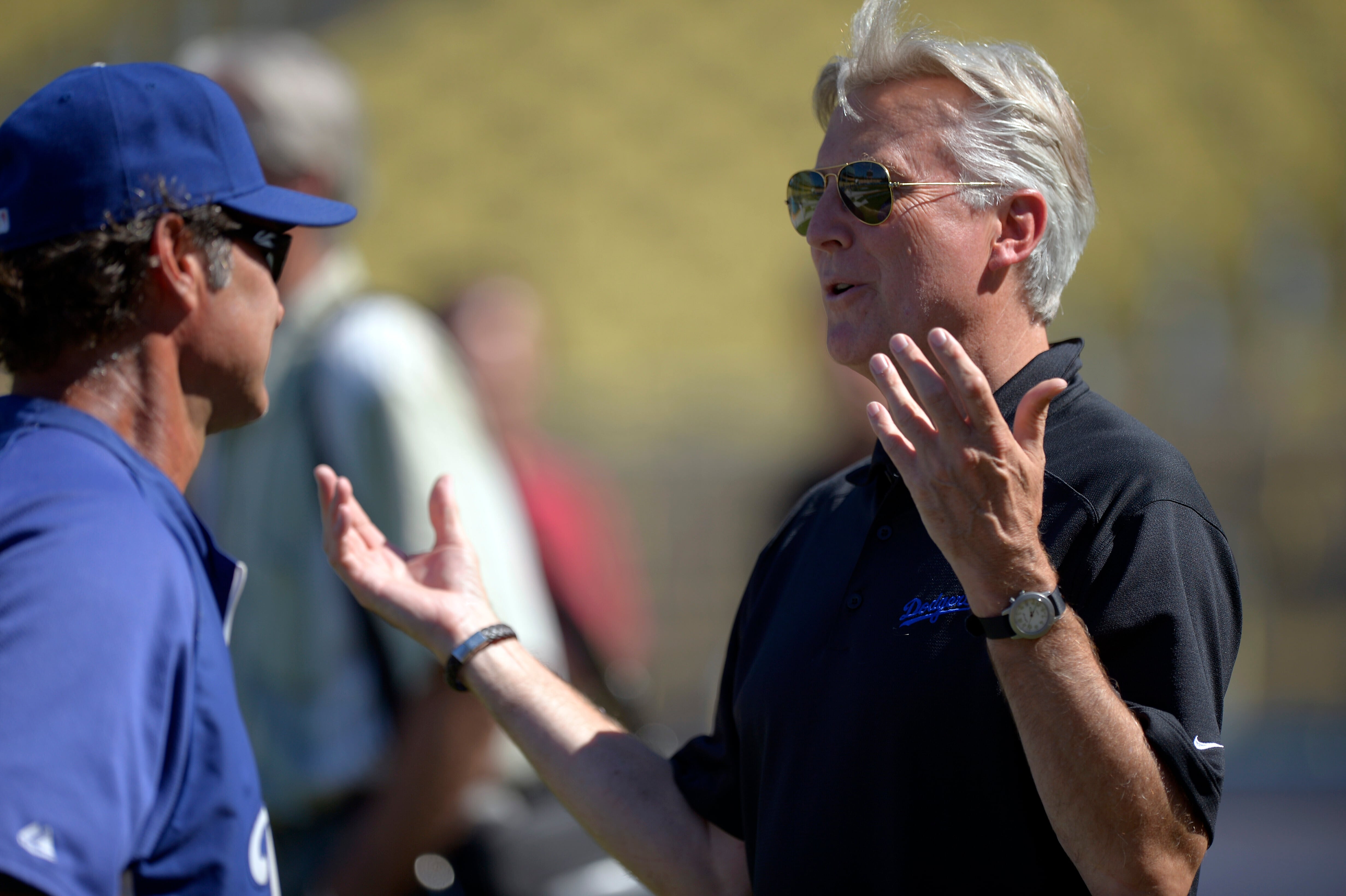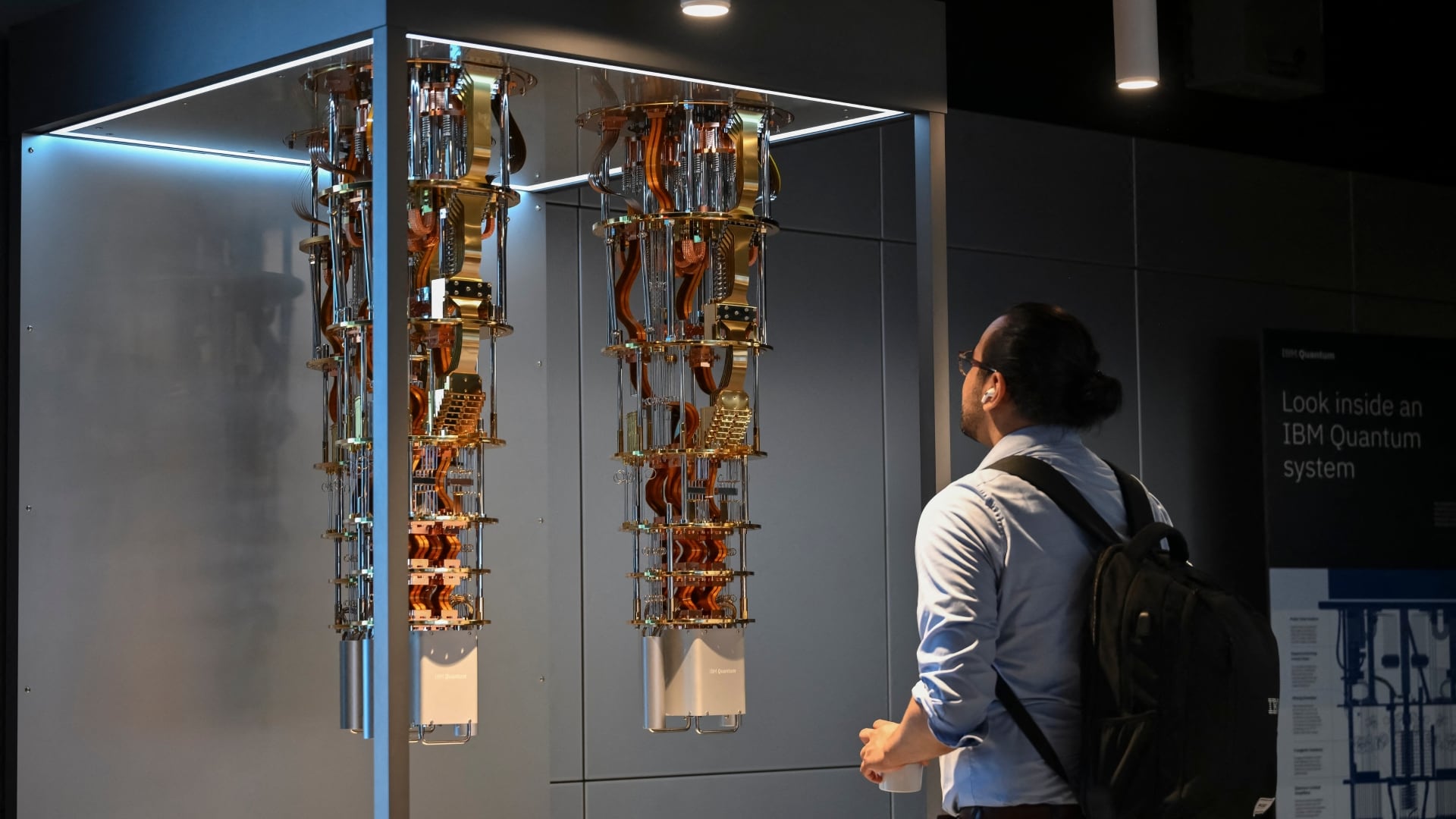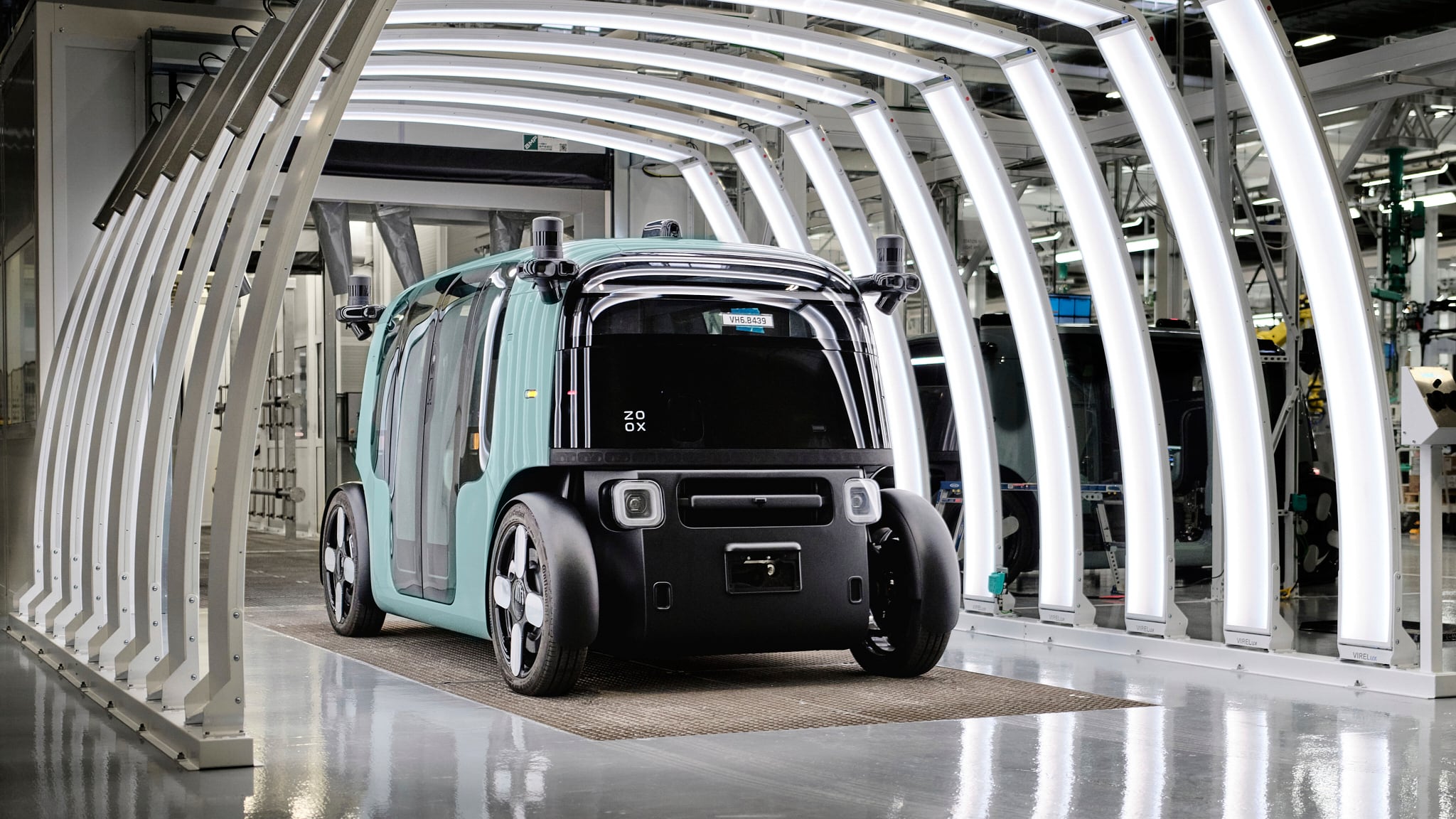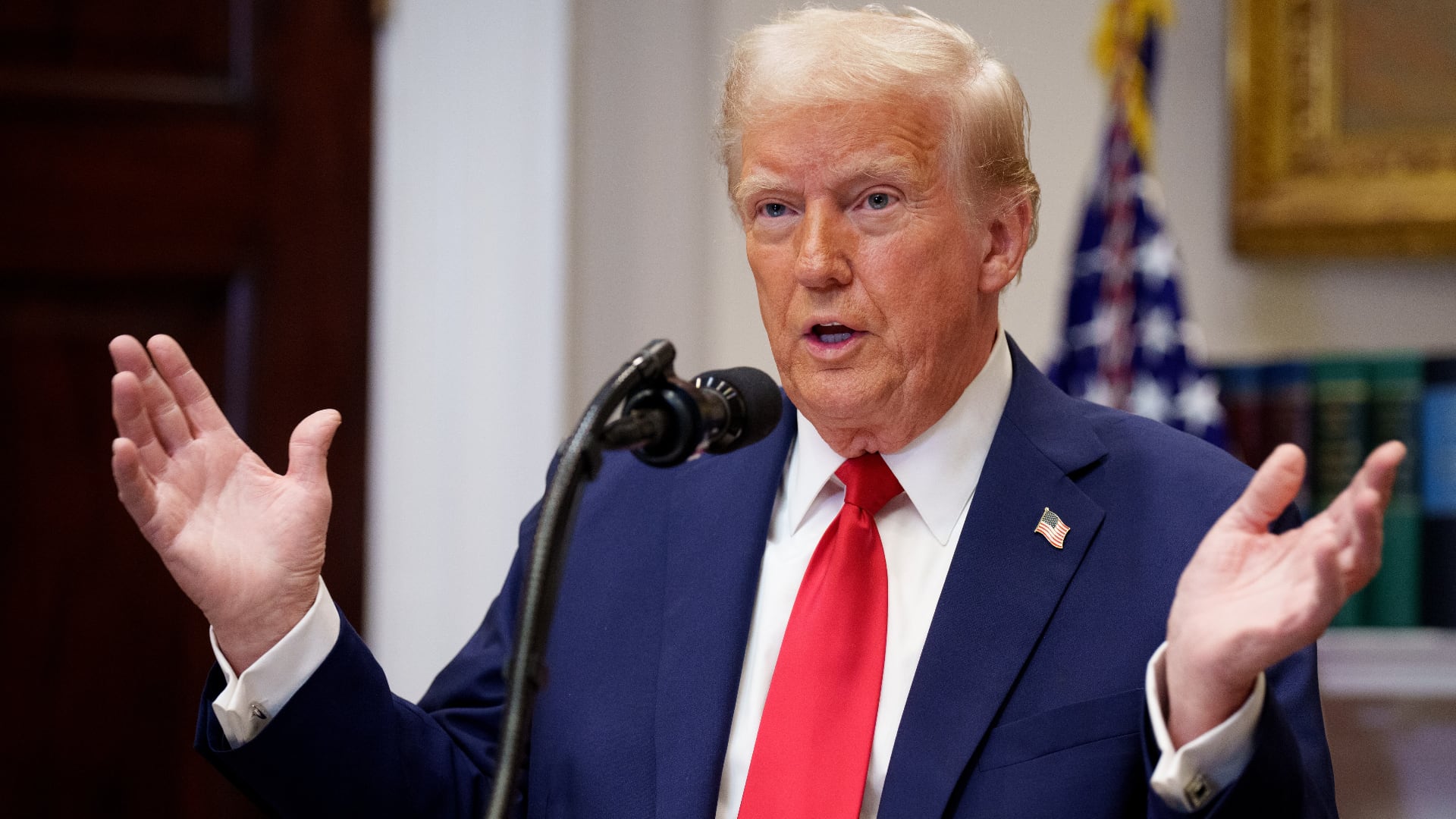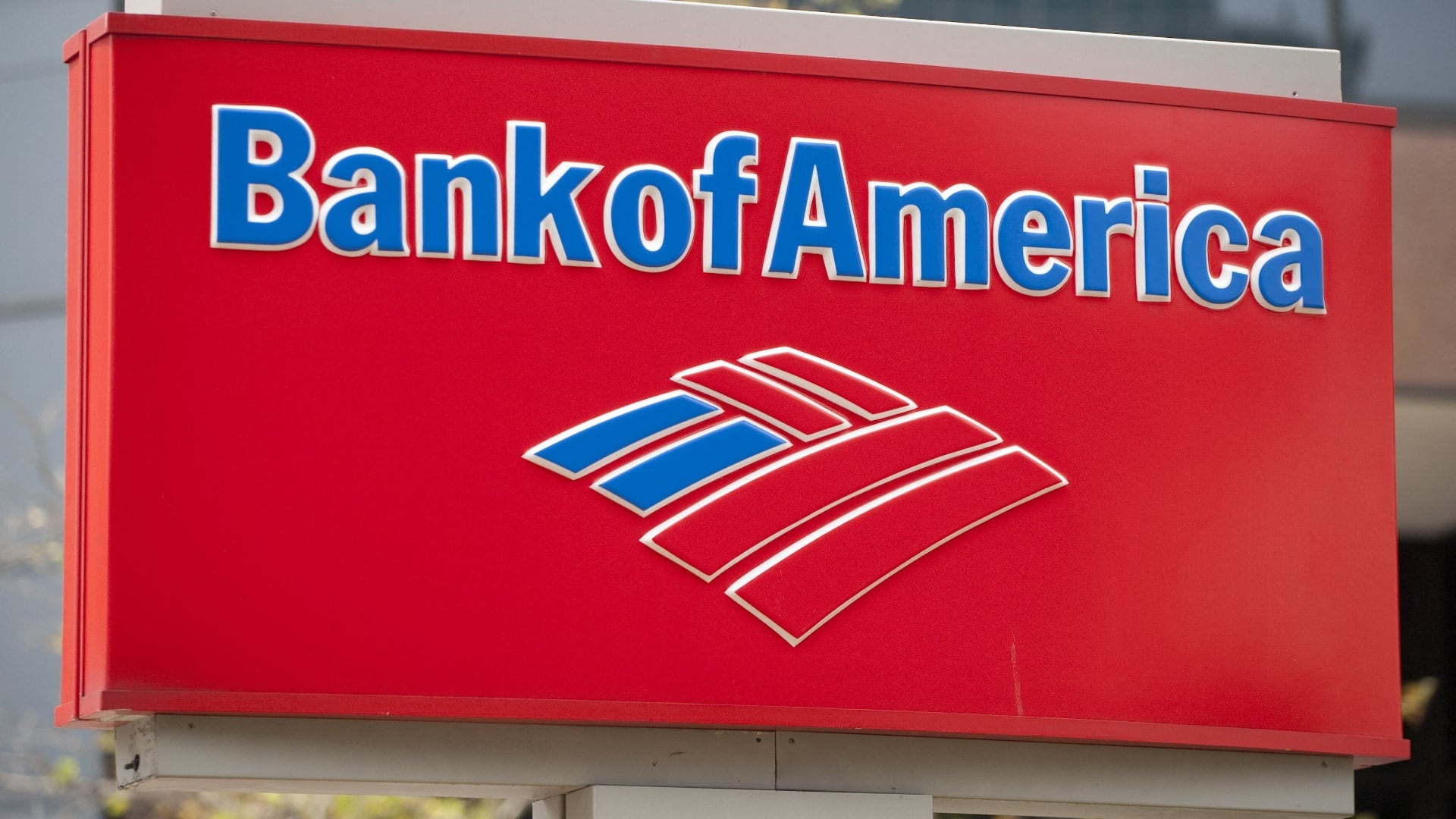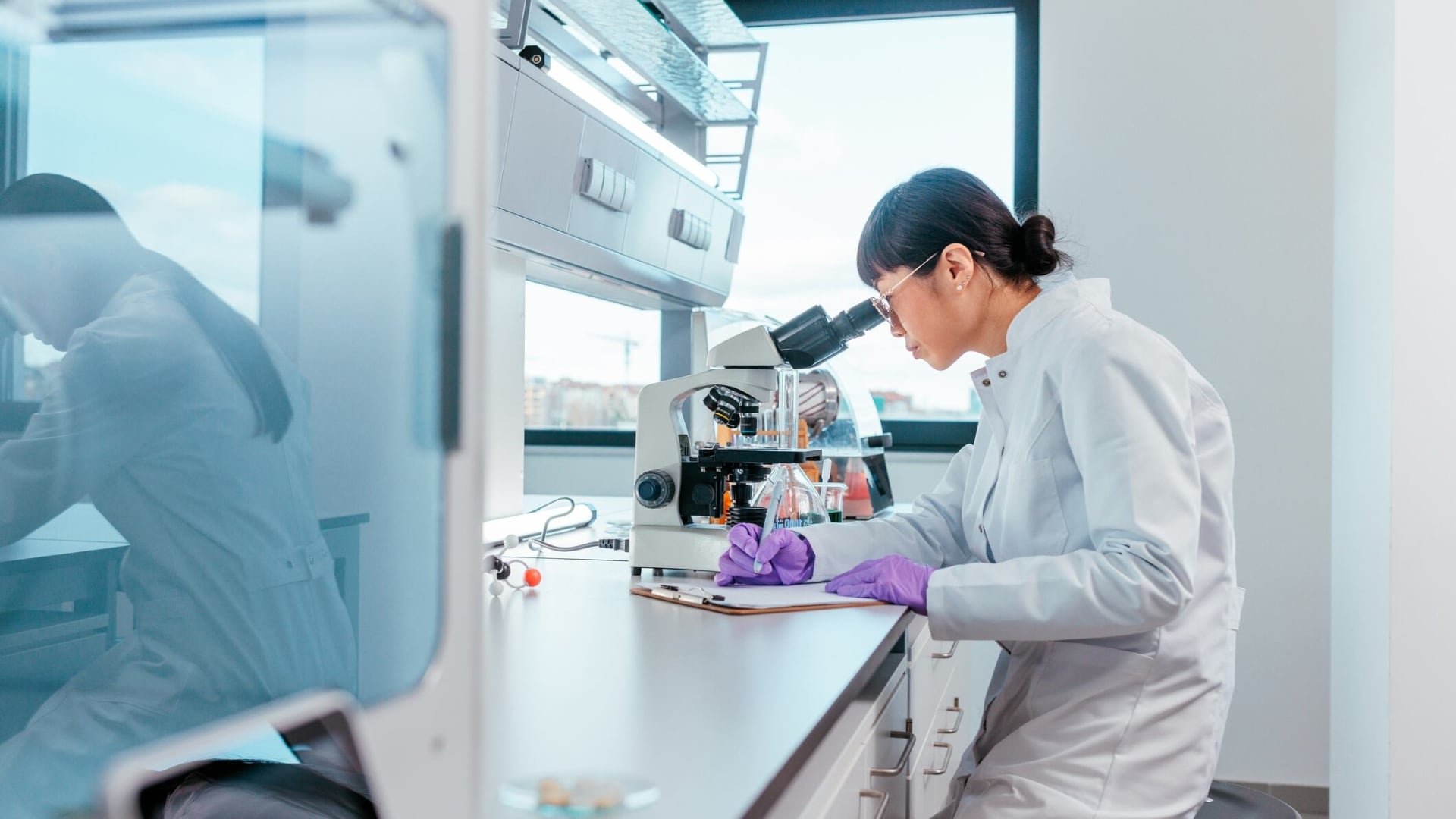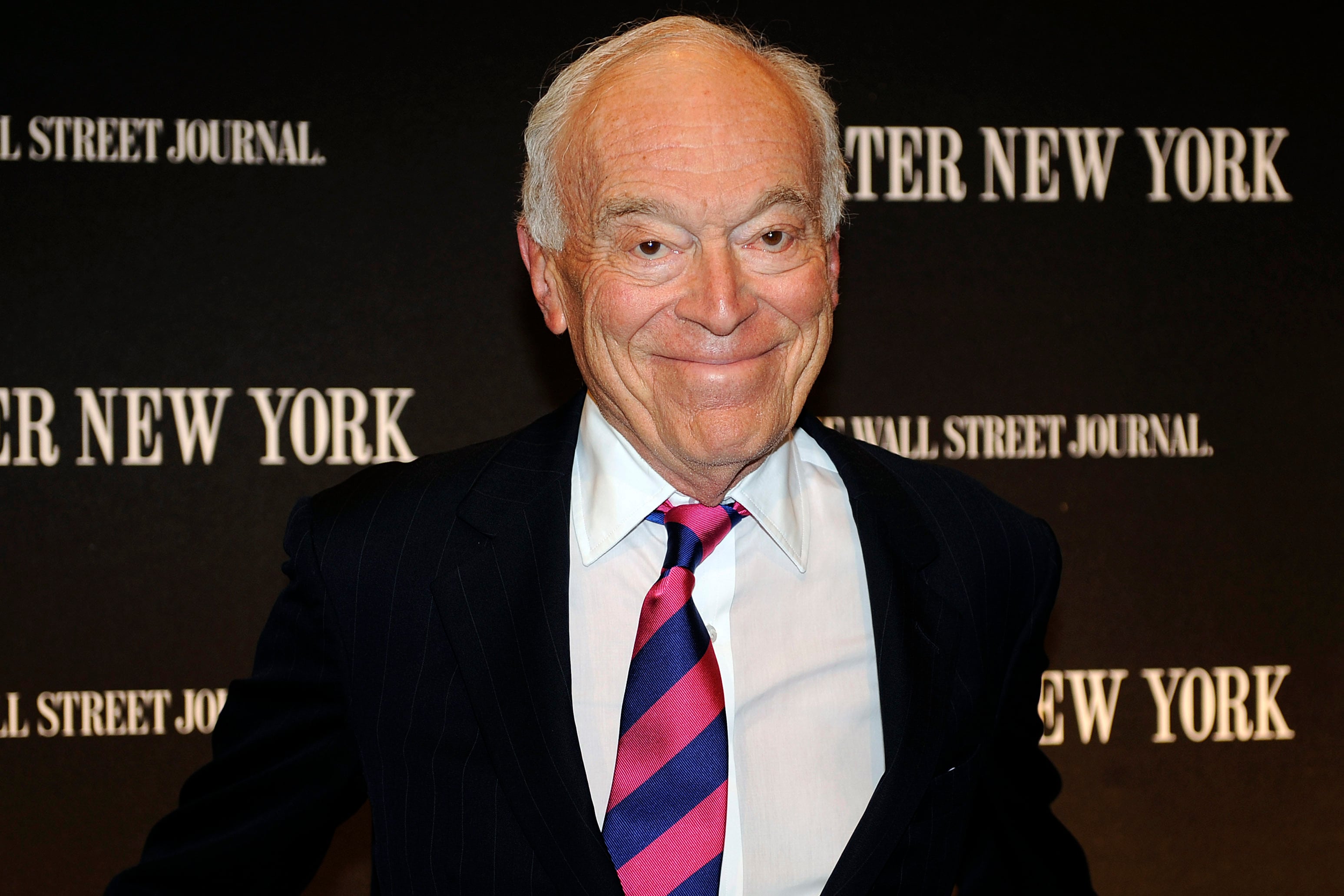Hello? It's space calling.
That's the future communication imagined by the cellular satellite startup UbiquitiLink. The two-year old startup's plan is to build a constellation of orbital platforms that can send and receive calls to and from anywhere on Earth's surface.
"The fundamental problem we're solving is that you can't build cell towers everywhere. They're getting to about 10 percent of the planet, where you have cities and suburbs. It makes no economic sense to build them elsewhere. They're just really expensive," co-founder and CEO Charles Miller told Cheddar.
"In the future, [your call] will stay in the cell tower on the ground when you're connected, but whenever you roam outside to an area — which is 90 percent of the Earth — where there is no cell tower, you'll roam onto the cell tower in space. In the long-term, you won't even know it."
Miller's proposed model raised about $12 million back in July, but UbiquitiLink is hoping to attract even more after additional demonstration flights scheduled over the coming months. "After we prove this technology from space, we have a bunch of big money sitting on the sideline ready to invest," he said.
The technology is meant to be integrated into existing cellular telecoms infrastructure. UbiquitiLink has already partnered with 24 mobile network operations, representing about 1.5 billion wireless users.
While there are a few other startups focused on satellite constellations for the internet, namely OneWeb, Amazon, and SpaceX, UbiquitiLink differentiates itself by focusing exclusively on cellular communications.
The company plans to have 24 to 36 satellites in orbit which will serve as the foundation for its commercial service within the next two years. By 2023, Ubiquitlink expects to be able to provide continuous coverage.
Miller concedes that satellite-based cellular communication will be slower than terrestrial cell towers, predicting the connection will be about the speed of 2G. But, he argues, it's about providing connection where previously there was none, saying: "That's infinitely faster than No-G."
In February, the company launched its first test payload to space aboard a NASA-operated vehicle traveling to the International Space Station.
Last month, the second test payload launched on SpaceX's Falcon X. Miller says he ultimately expects that UbiquitiLink will rely on launches from SpaceX or Blue Origin, rather than small launch startups.
"Small launch vehicles just aren't affordable for serving our needs. They have a really difficult business model," he said.

